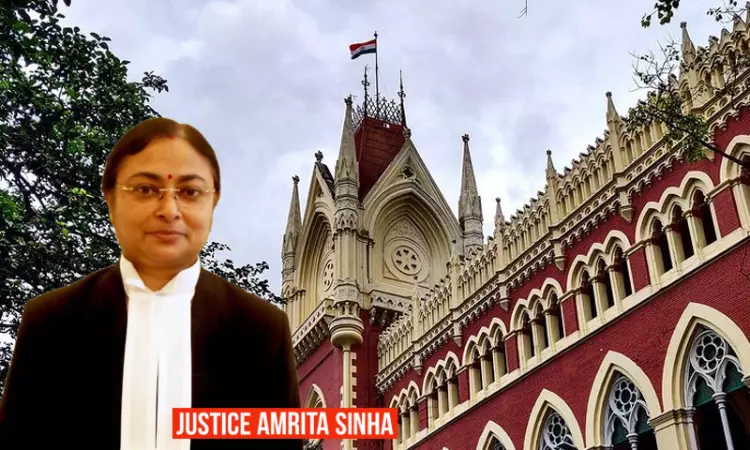Calcutta High Court Upholds Order Cancelling Appointment Of 94 Teachers Found Ineligible Under 2014 Eligibility Test
Srinjoy Das
14 Dec 2023 2:44 PM IST

Next Story
14 Dec 2023 2:44 PM IST
The Calcutta High Court has recently upheld its order cancelling the appointment letters of 94 teachers, who were found ineligible and underqualified under the Teachers Eligibility Test conducted in 2014.A single bench of Justice Amrita Sinha had earlier passed orders for cancellation of the appointment of the aforesaid teachers upon perusing a report by the West Bengal Board of Primary...
